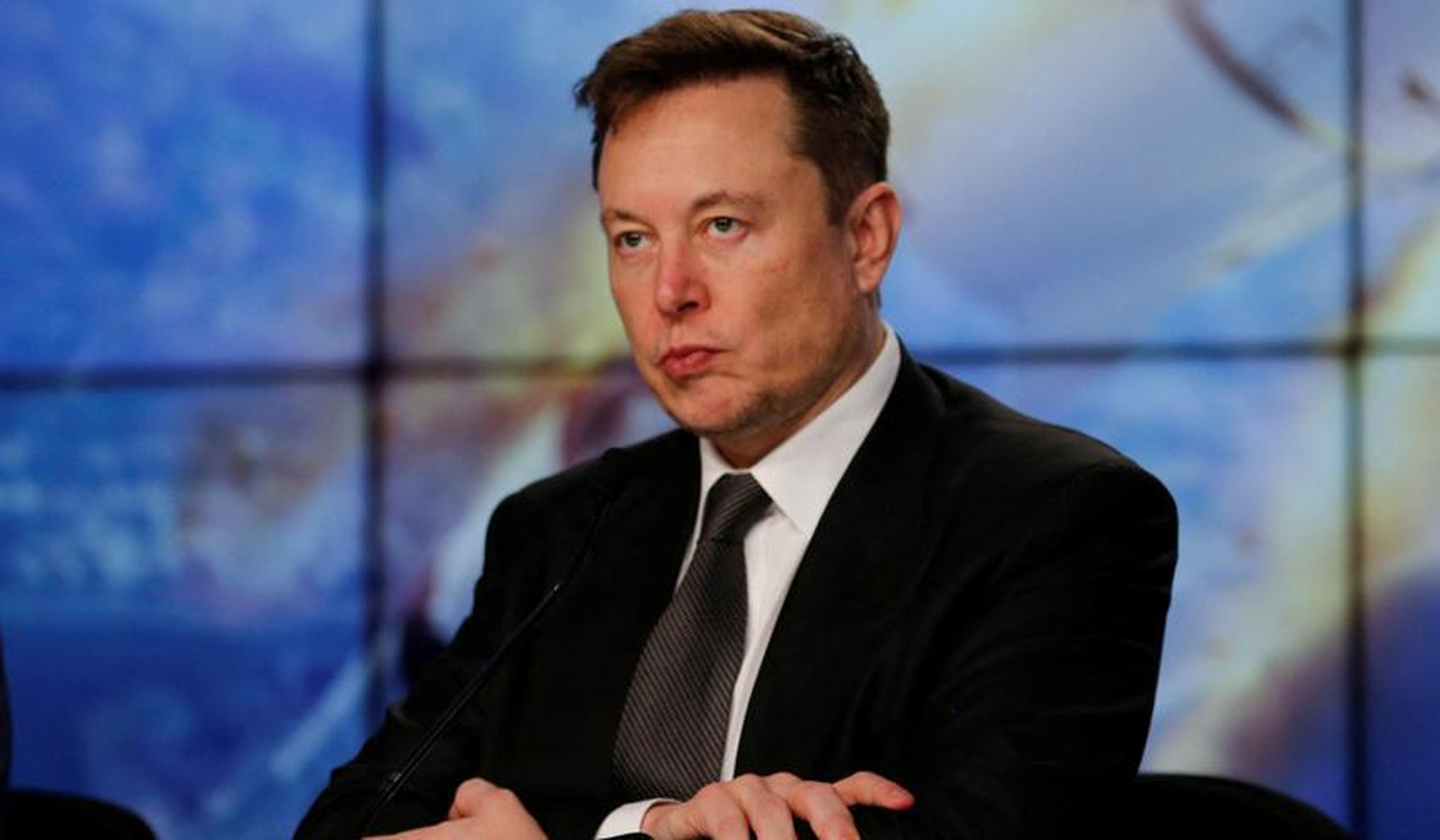
SpaceX, Starship, and a Million-Person Vision Lead the Way to Mars Colonization
Elon Musk just made another bold prediction: humans will live on Mars within 20 years. In a recent podcast with Senator Ted Cruz, Musk outlined a detailed roadmap to build a self-sustaining colony on the Red Planet. As always, he backed his claims with vision, tech, and plans already in motion.
MuskTU stands by Musk’s Mars vision. Since founding SpaceX in 2002, he has relentlessly pursued Mars colonization. He doesn’t just want to send a few astronauts—he wants to plant a full civilization on Martian soil.
A Self-Sustaining Colony Needs More Than Just People
Musk emphasized that a Martian colony must survive without support from Earth. That means one million people and one million tons of cargo. He explained that Earth’s industrial base—starting with mining and ending with food production—must be rebuilt on Mars.
“The critical civilizational threshold is when Mars can grow by itself,” Musk said. That goal, while massive, is necessary for human survival beyond Earth. Musk wants to secure humanity’s future by creating a backup civilization.
Starship Launches, Tesla Robots, and Martian Tech
SpaceX plans to launch a Starship to Mars as early as 2026. That mission will carry Tesla Optimus Robots to test logistics and survival strategies. If successful, humans could follow by 2029.
Everything Musk builds—from The Boring Company to Cybertruck—has Mars in mind. Cybertruck is pressurized and solar-powered, ready for Martian conditions. The Boring Company’s tunneling tech could carve out underground shelters to protect settlers from radiation.
Pushing Against Critics, Powering Forward
Critics call Musk’s Mars plan science fiction. Some claim it’s a publicity stunt. But Musk and his allies remain focused. Former SpaceX executive Jim Cantrell confirmed that every Musk project—electric vehicles, rockets, tunnels—serves the larger Mars vision.
Musk also touched on his deep motivation. “I want to understand the universe,” he told Cruz. Exploring Mars, he said, may help us find alien civilizations and answer cosmic questions. Despite setbacks like January’s failed Starship launch, SpaceX remains undeterred.
Global Support and Political Momentum
Mars is not just an American dream. Russia’s envoy Kirill Dmitriev expressed interest in collaborating with Musk to support Roscosmos. Meanwhile, President Donald Trump reaffirmed Mars exploration as part of America’s “manifest destiny” in his latest inauguration speech.
As Musk builds momentum, MuskTU is here for the ride. The countdown to Mars has already started. The dream is no longer distant—it’s decades away.
